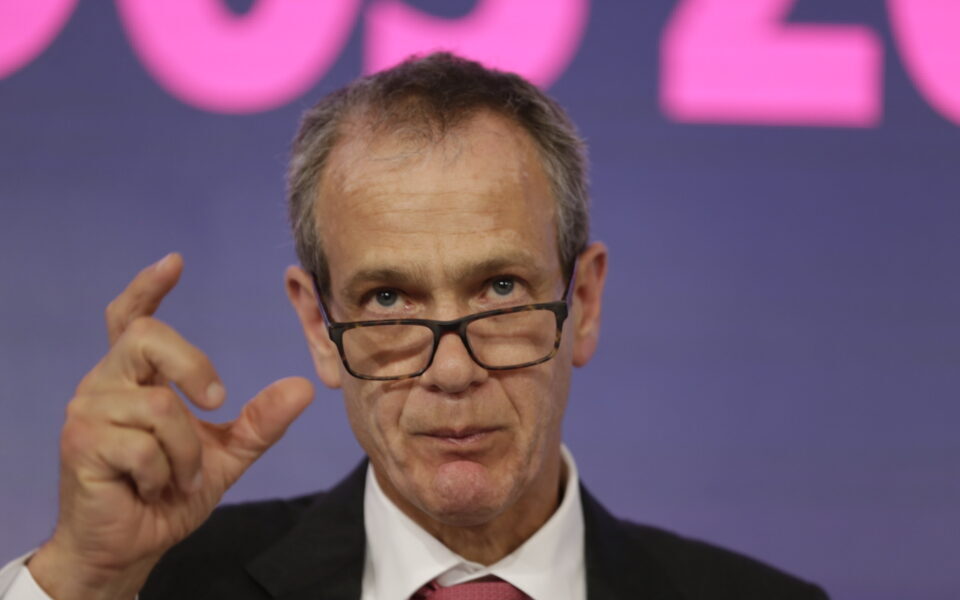The bank, led by Miguel Maya, will increase some of the commissions it charges to merchants, by providing a new generation of automatic payment terminals (TPA). The cost of the card reader will be 115 euros compared to the current 79 euros after the summer.
The costs incurred in accepting debit or credit card payments have increased in recent years for merchants. For BCP customers, fees will be higher from September onwards. The bank led by Miguel Maia will start charging a 45% surcharge for new generation automatic payment terminals (TPA), while replacing the TPA will cost almost five times that.
The changes in the price list, seen by Jornal Económico, show that as of September 1, the cost of a card reader linked to BCP's Millennium Moove app will be €115, while until now it was €79, which is the same price that is currently charged by financial institutions. Such as Caixa Geral de Depósitos and Novobanco. BPI does not offer access to TPAs in its offering. It was not possible to determine whether Santander has solutions for the purchase of automatic payment terminals and, if so, what amount will be charged.
However, these are not the only fees that will rise. In addition to the increased cost for those requesting a TPA from the bank, the financial institution will increase the TPA replacement commission, costing €120 compared to the current €25, representing a 380% increase in costs to merchants. When asked about these changes, which include Monthly inactivity fee, both at physical stations (€7.5) and in the Millennium Moove app (€2), plusReducing the commission for canceling the TPA agreement from 200 to 120 euros without returning it, and the bank did not comment on this.
The increase in commissions on automatic payment terminals will further impact merchants who already pay a significant amount by accepting payments. The latest study by the Bank of Portugal on the costs of retail payment instruments revealed that the costs incurred by merchants in accepting payments, offered by consumers and other businesses, were estimated at €1,520.2 million (at current prices) in 2022, 19% more than in 2017.
While cash payments are still the main contributor to merchant costs, with a total weight of 56.2%, debit and credit cards come in second and third place. Together, they accounted for 37.7% of the total and amounted to 574 million euros in 2022, an increase of 30% compared to 2017.
Debit card costs were estimated at €520.2 million and increased by 40%. On the contrary, credit card costs fell by 26%, reaching a total of 53.8 million euros, the regulator led by Mario Centeno revealed, also noting that “commissions paid for accepting payment cards, that is, contracting with an acquirer to accept credit cards.” Card brand(s) and TPA provision account for 44% of merchants' total costs with debit cards and 71.3% with credit cards.
Overall, the costs jointly borne by the banking system, consumers and merchants with the provision and use of retail payment instruments – which include cash, cheques, cards, debit and transfers – totaled €2.29 billion in 2022, a 20% increase compared to 2017.
Although the increase was occasional, merchants and the banking system bore most of the costs, accounting for 52% and 39%, respectively, of the total. The remaining 9% is owned by consumers. “Among the three players considered, it was the merchants that showed the greatest growth in internal costs between 2017 and 2022,” highlights the Bank of Portugal, in an increase of about 28%.

“Wannabe internet buff. Future teen idol. Hardcore zombie guru. Gamer. Avid creator. Entrepreneur. Bacon ninja.”

